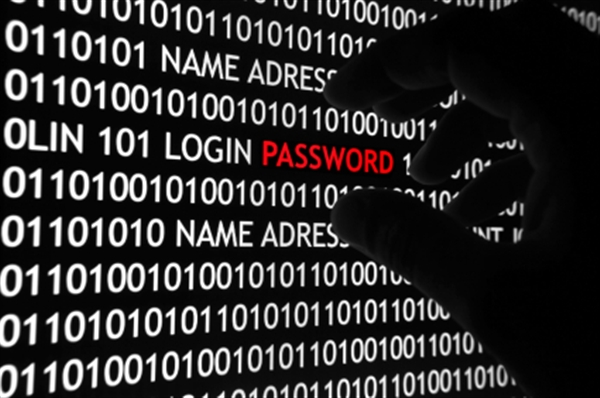Password Guidelines

Passwords are the means by which college information and resources are protected from unauthorized access. As a result, the proper selection and protection of a password is very important.
TVCC passwords have the following requirements:
- At least 8 characters
- At least one number
- At least one special character
- Cannot be a part of your name or Cardinal ID
- Cannot be reused
The following guidelines are offered to assist in use and management of your TVCC passwords.
It Is Your Password: The person to whom an account is issued is responsible for all activity on that account. A user is accountable for everything done with his/her Cardinal ID and password. In a situation where an unauthorized transaction occurs, TVCC can identify the Cardinal ID under which it was done. Proper password security helps ensure that others do not misuse an account for which you are responsible. Never let someone else use your Cardinal account. If at any time you feel that your password has been compromised, change it IMMEDIATELY. Any misuse of your account should be reported to Information Technology Services at (903) 675-6300 or stopping by ITS on the 2nd Floor of the LRC or with one of the technicians at our remote locations.
Avoid Obvious Passwords - Don't use your name, your pet's name (you have probably already put that on social media) or obvious words such as 'p@ssword', 'comput3r', 'c@rd1nal', or 'f##tball1', or any variation of these common words, as a password. Ideally, real words should not be used as passwords. Nonsensical combinations of words, letters, number and special characters are more difficult for a would-be intruder to guess.
Use Long Passwords or Passphrases - Passwords on the TVCC systems must be at least eight characters in length. Longer passwords are even better as they are harder to guess by trial and error. TVCC ITS recommends the use of passphrases that are longer and more difficult to guess. Think of a set of words (e.g., horse, wrench, sky) that can be combined into a single phrase you can remember: horsewrenchatthesky. Combine these words and add or replace numbers and special characters for a new and longer passphrase: h0rsewrench@thesky. TVCC ITS recommends a passphrase of at least 15 characters. By the way, don't use this example password. Make up your own.
Password Manager - TVCC ITS recommends the use of a password manager. We all have many passwords and the longer and more complex they get, the harder they are to remember. These password management systems allow you to store all your passwords in a single application, keep the passwords safe, and allow you to access them easily on any device, including a mobile device.
Change Passwords Frequently - If someone accidentally discovers your password, you may not be aware that it is being misused. Change your password every 90 to 180 days. Changing it more frequently is a good habit.
Don't Write Your Password Down - A written password is more easily discovered than one committed to memory. If you must write down a password, make sure that it is recorded in a secure location such as a password manager. Never leave a written password in places such as on the monitor or the underside of the keyboard where it is easily found by an intruder.
Do not save or cache passwords in a browser. Caching or saving passwords in a browser allows anyone with a simple program to extract all the passwords stored on your computer.
Be Careful When Typing your Password - Don't let someone look over your shoulder while typing your password. Most passwords are not displayed on the monitor while they are typed.

